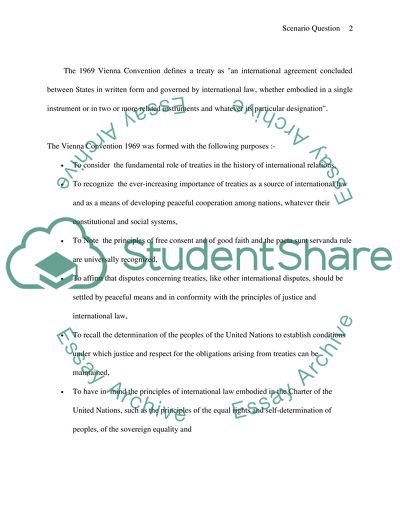Cite this document
(“Public International Law (Extradition) Essay Example | Topics and Well Written Essays - 3000 words”, n.d.)
Retrieved de https://studentshare.org/miscellaneous/1510951-public-international-law-extradition
Retrieved de https://studentshare.org/miscellaneous/1510951-public-international-law-extradition
(Public International Law (Extradition) Essay Example | Topics and Well Written Essays - 3000 Words)
https://studentshare.org/miscellaneous/1510951-public-international-law-extradition.
https://studentshare.org/miscellaneous/1510951-public-international-law-extradition.
“Public International Law (Extradition) Essay Example | Topics and Well Written Essays - 3000 Words”, n.d. https://studentshare.org/miscellaneous/1510951-public-international-law-extradition.


